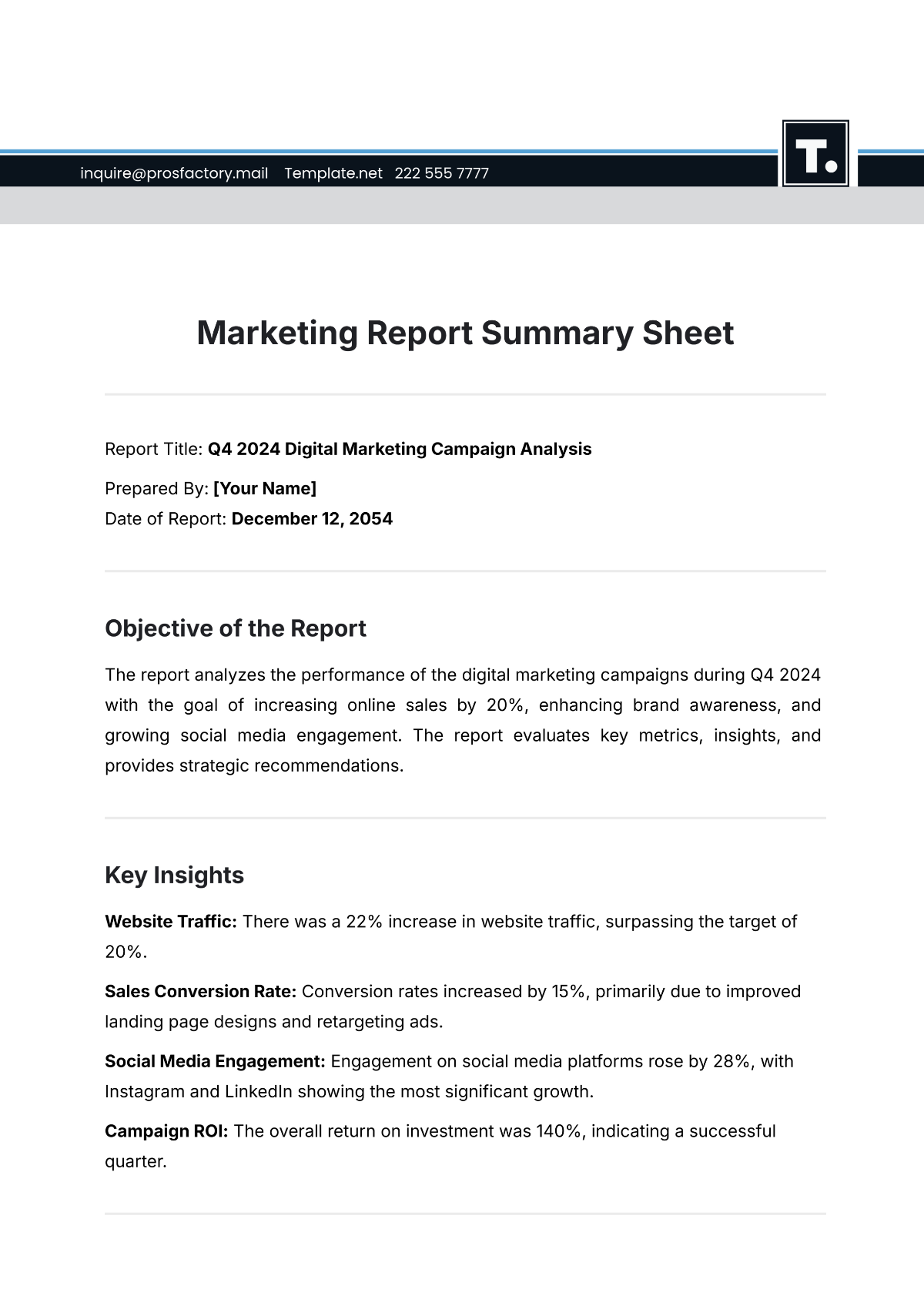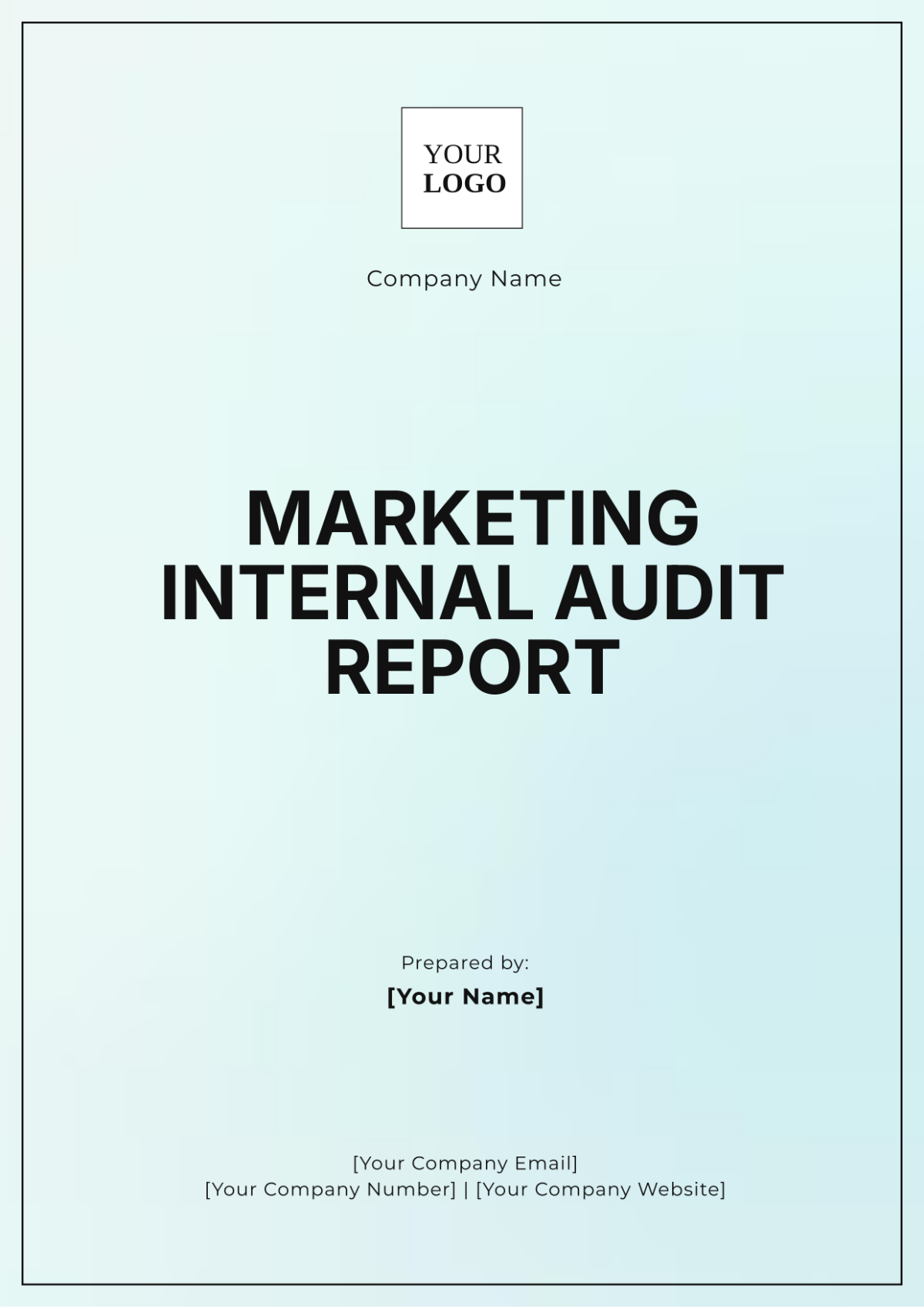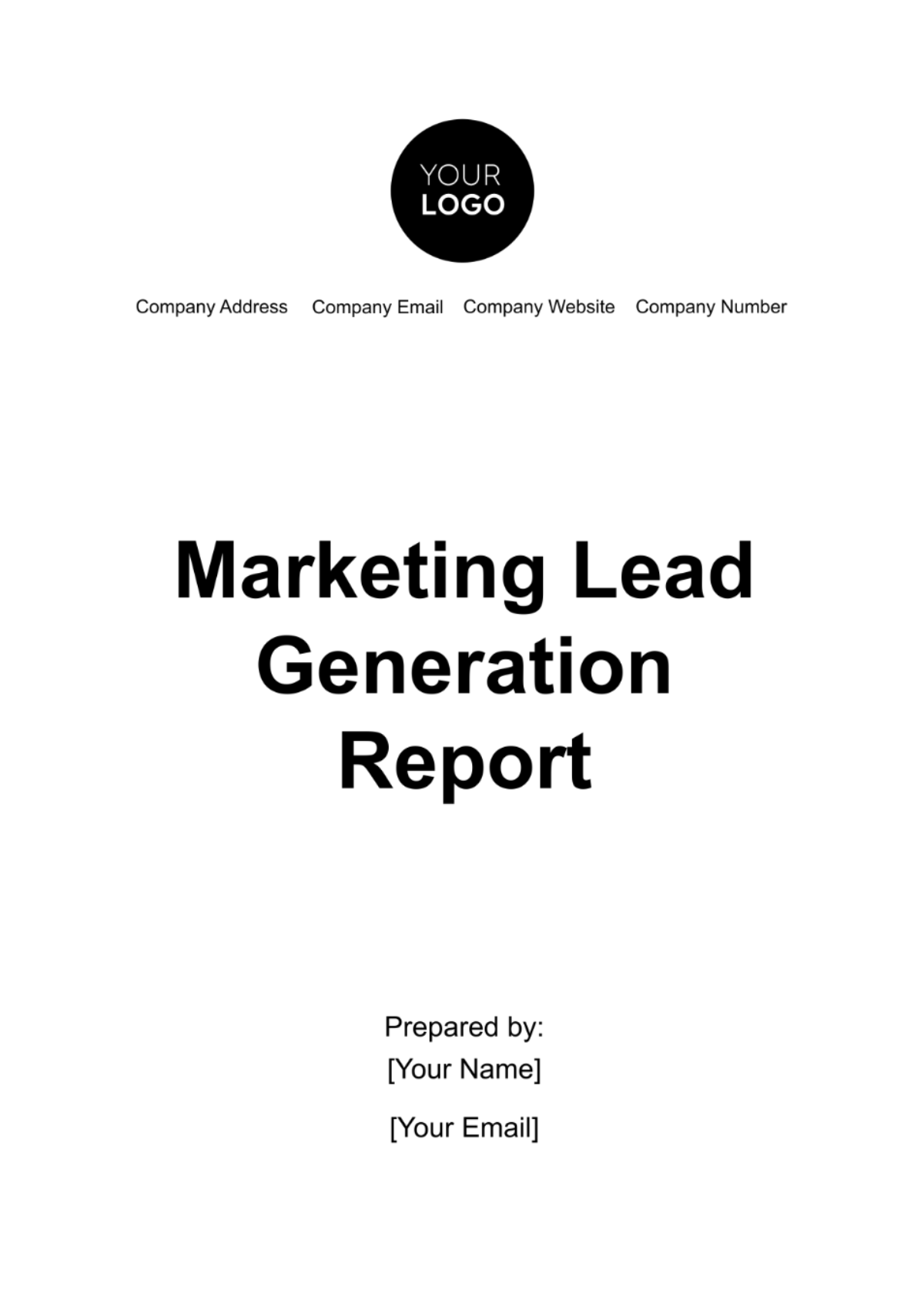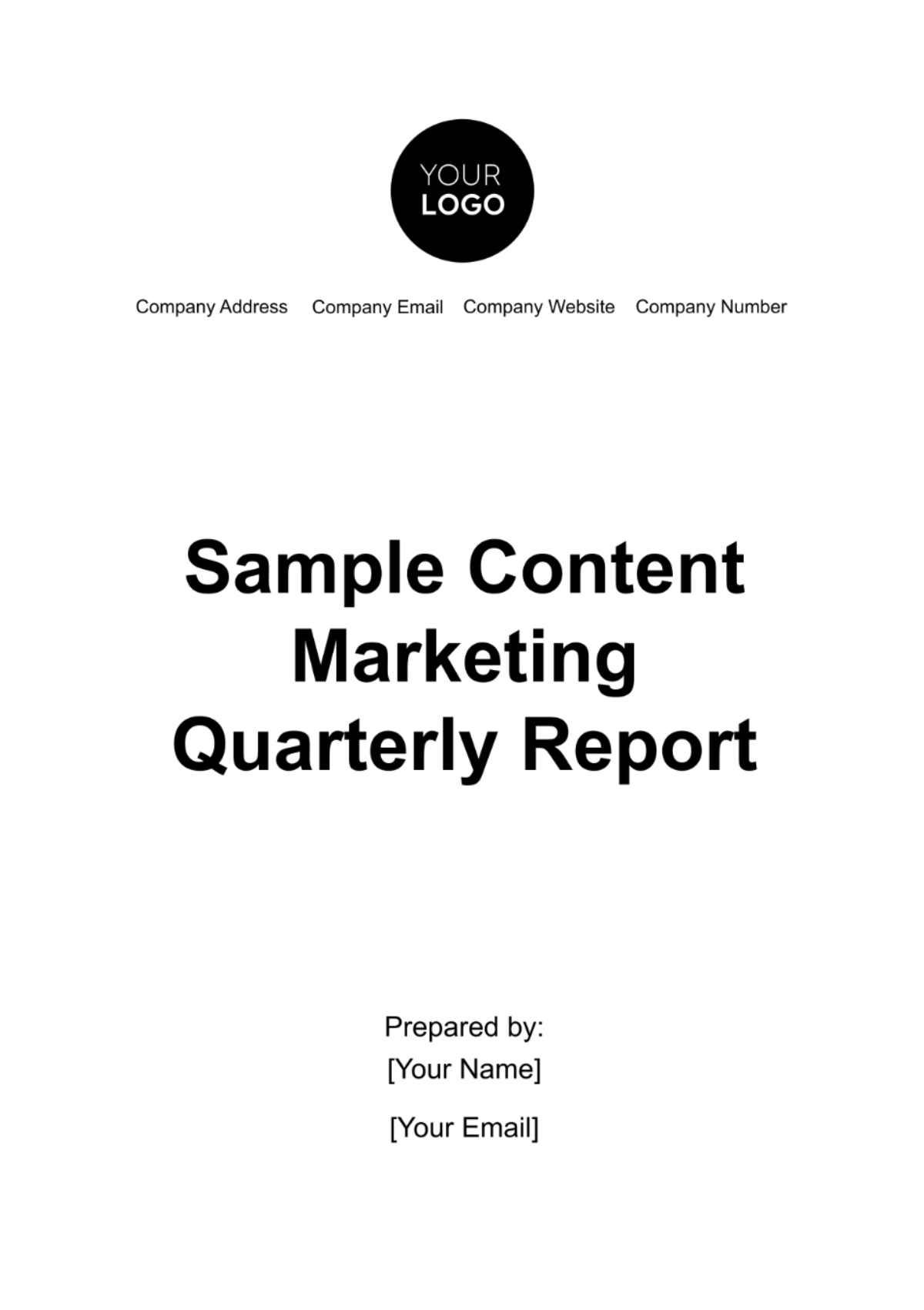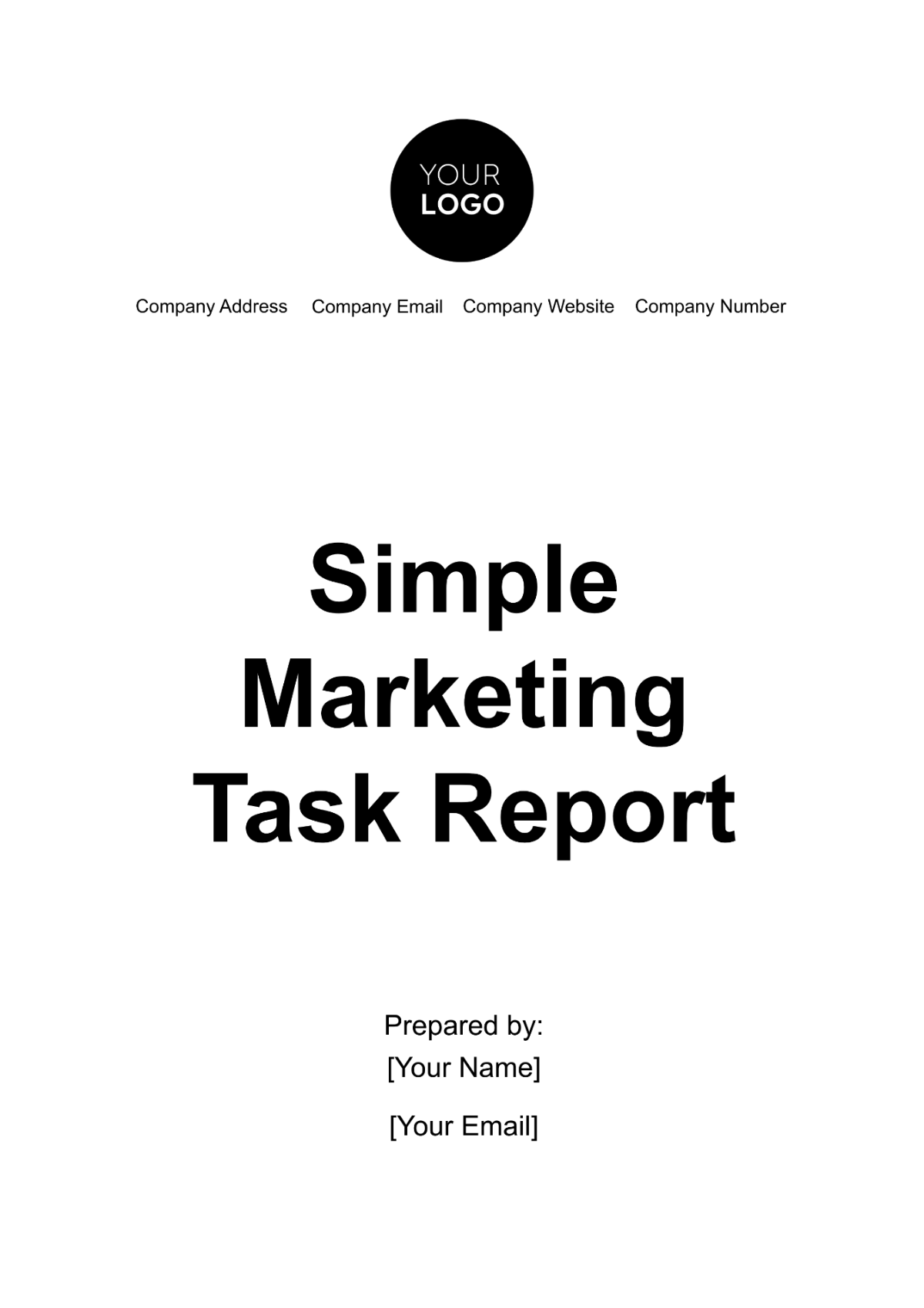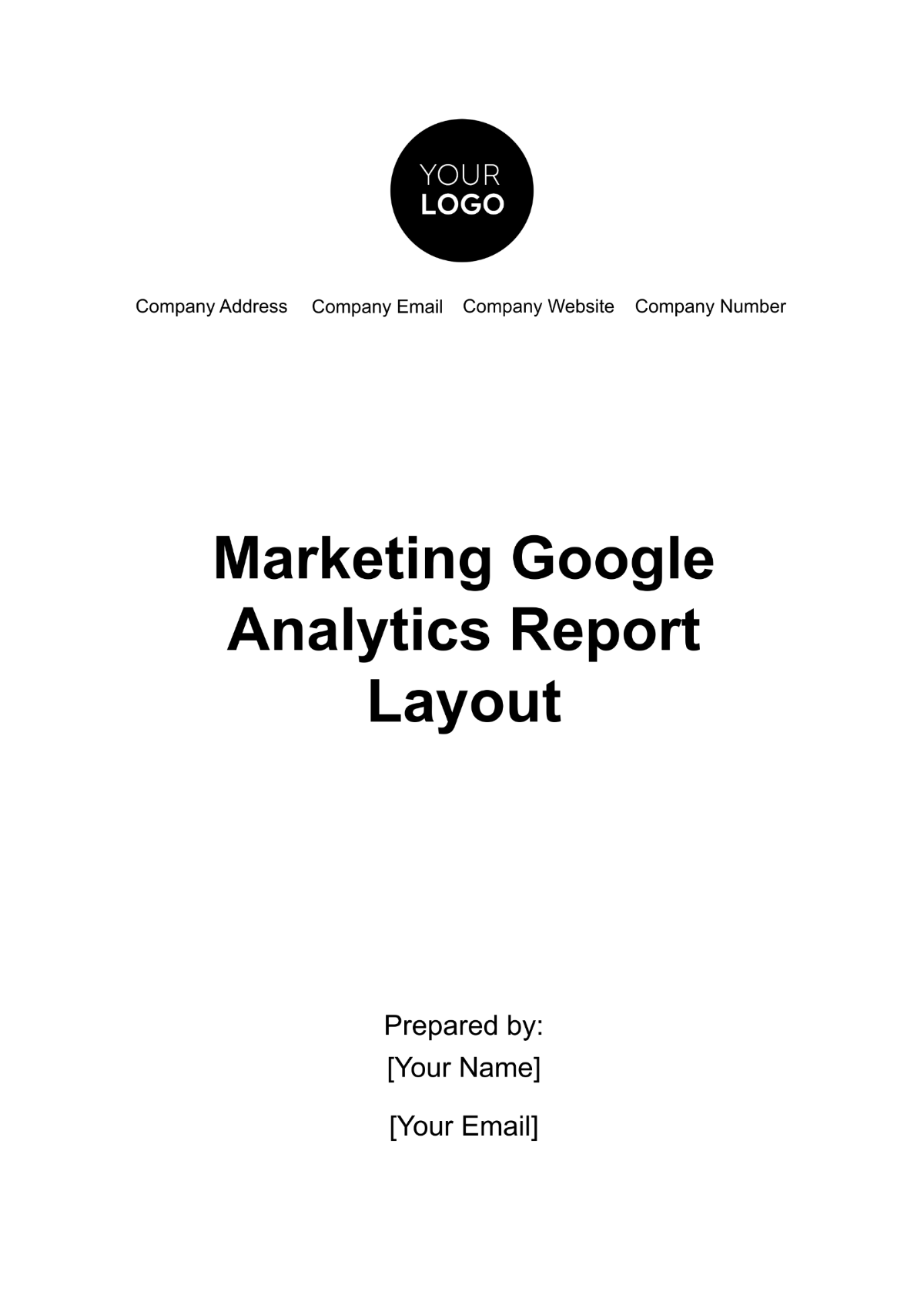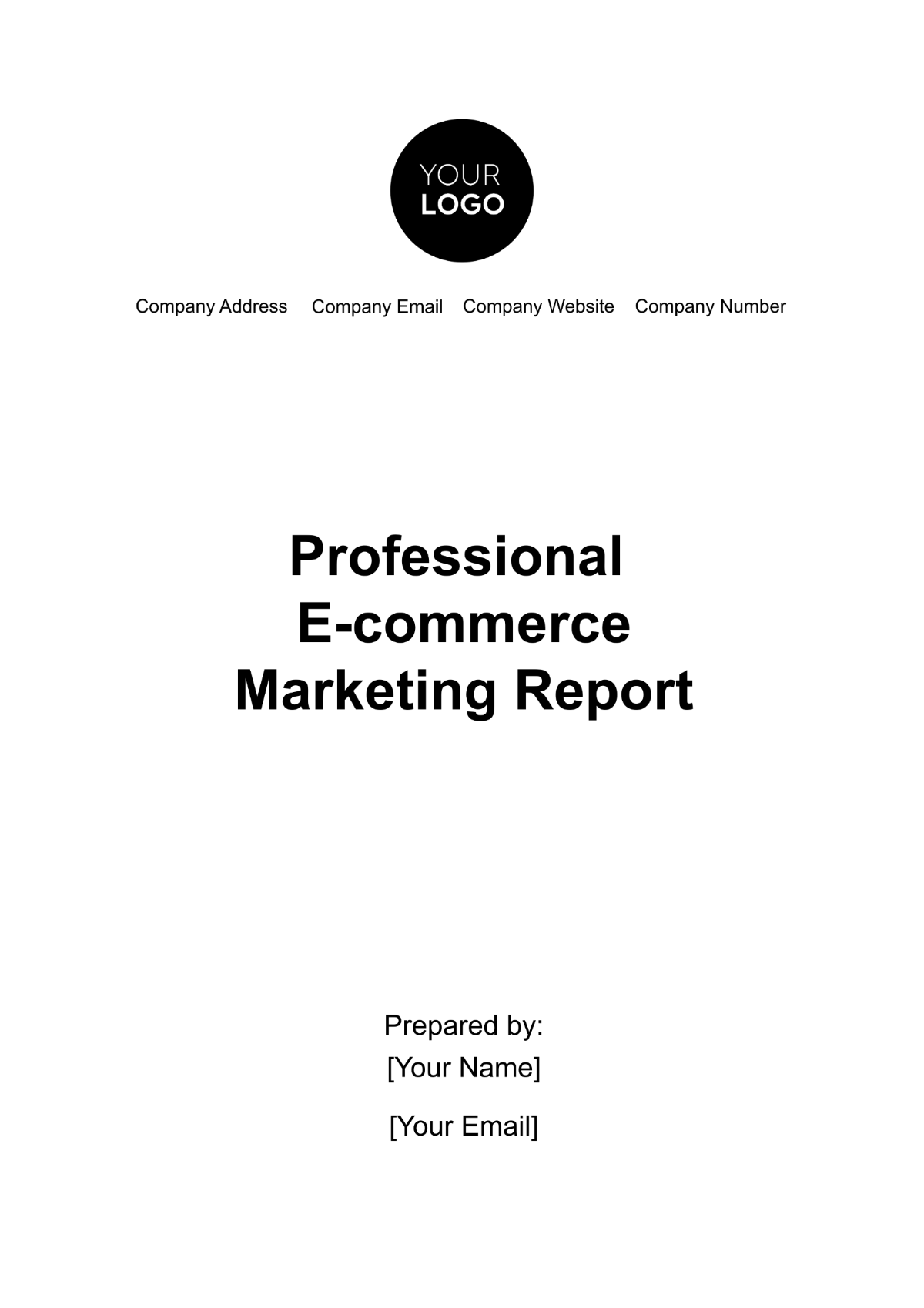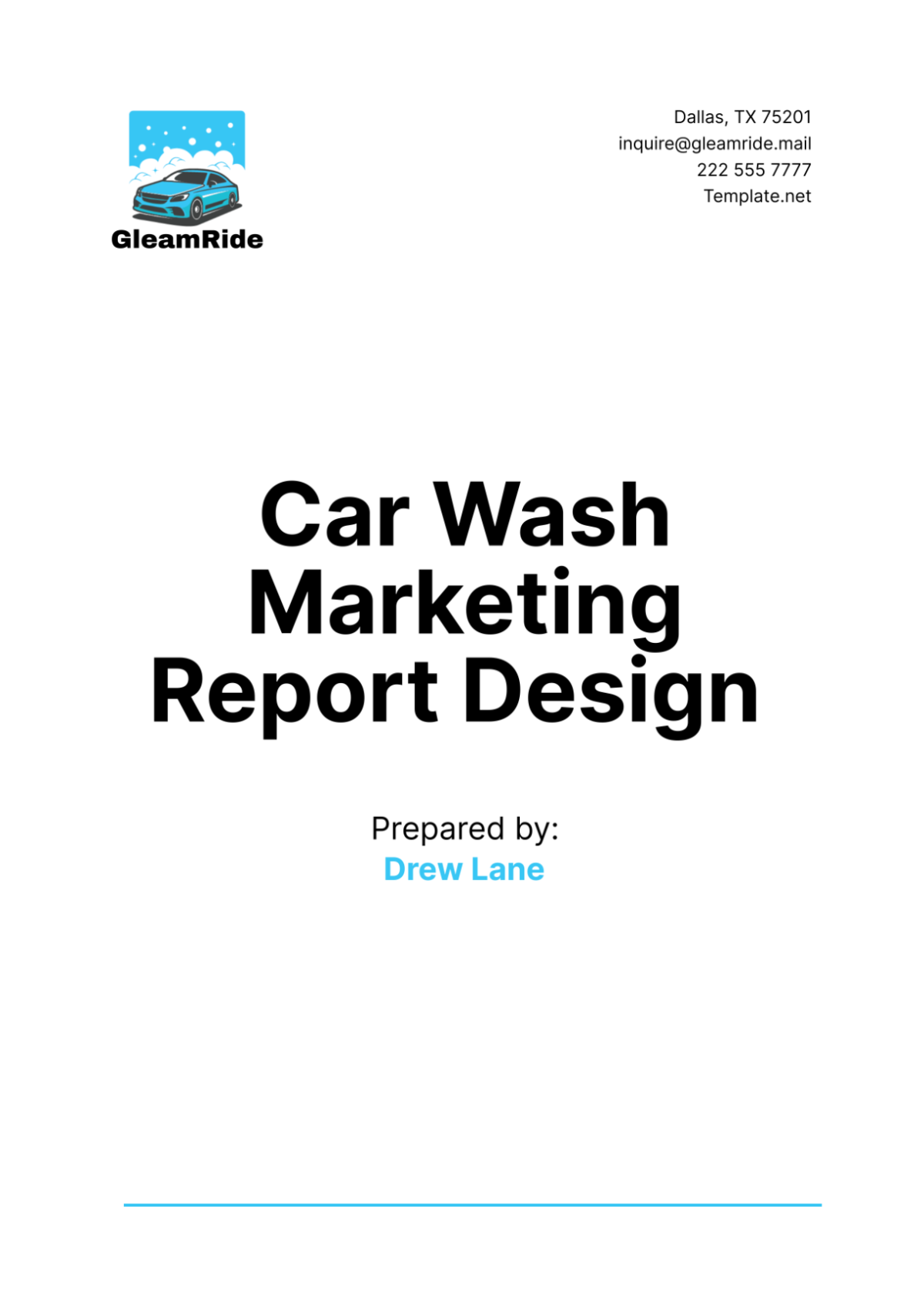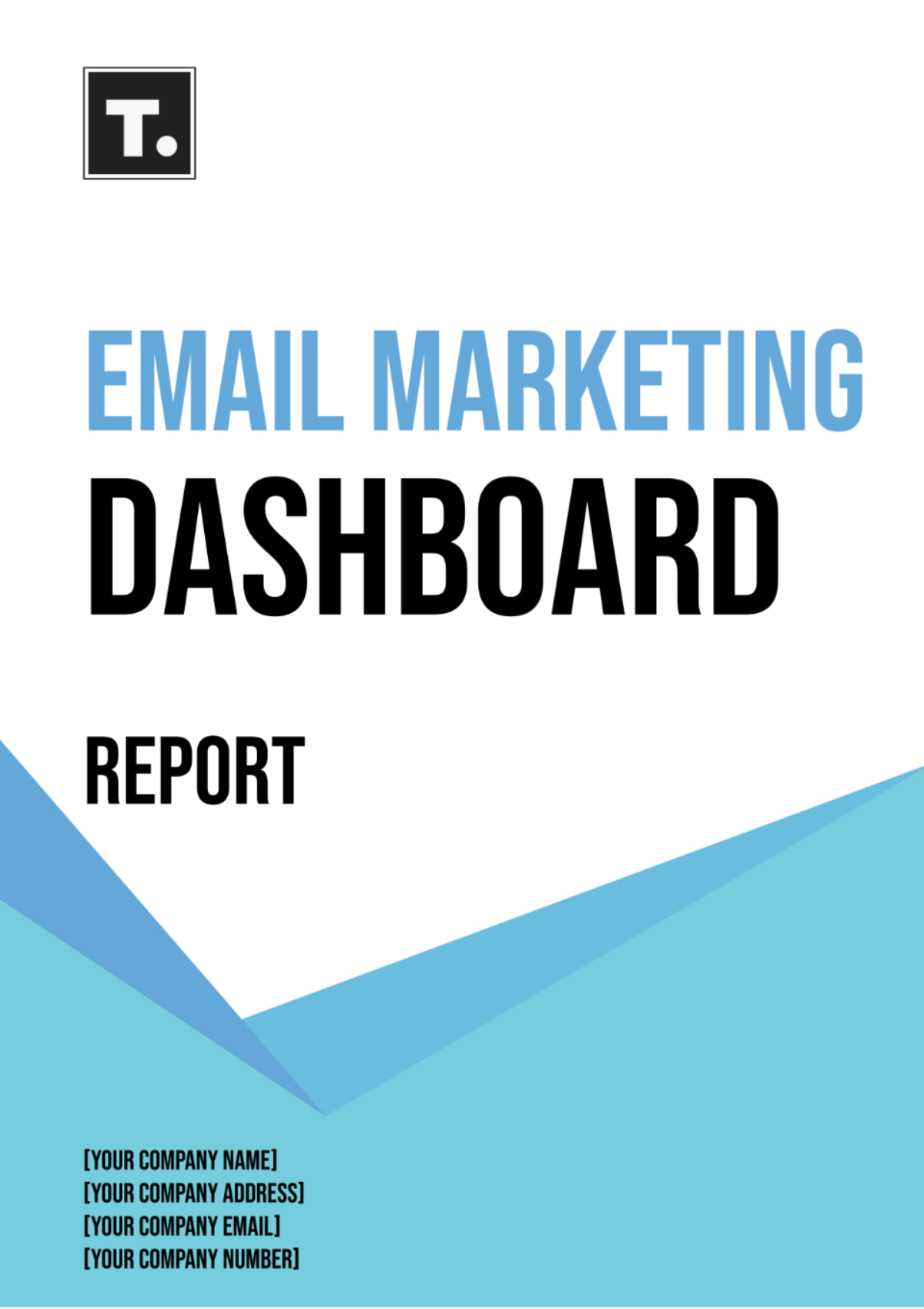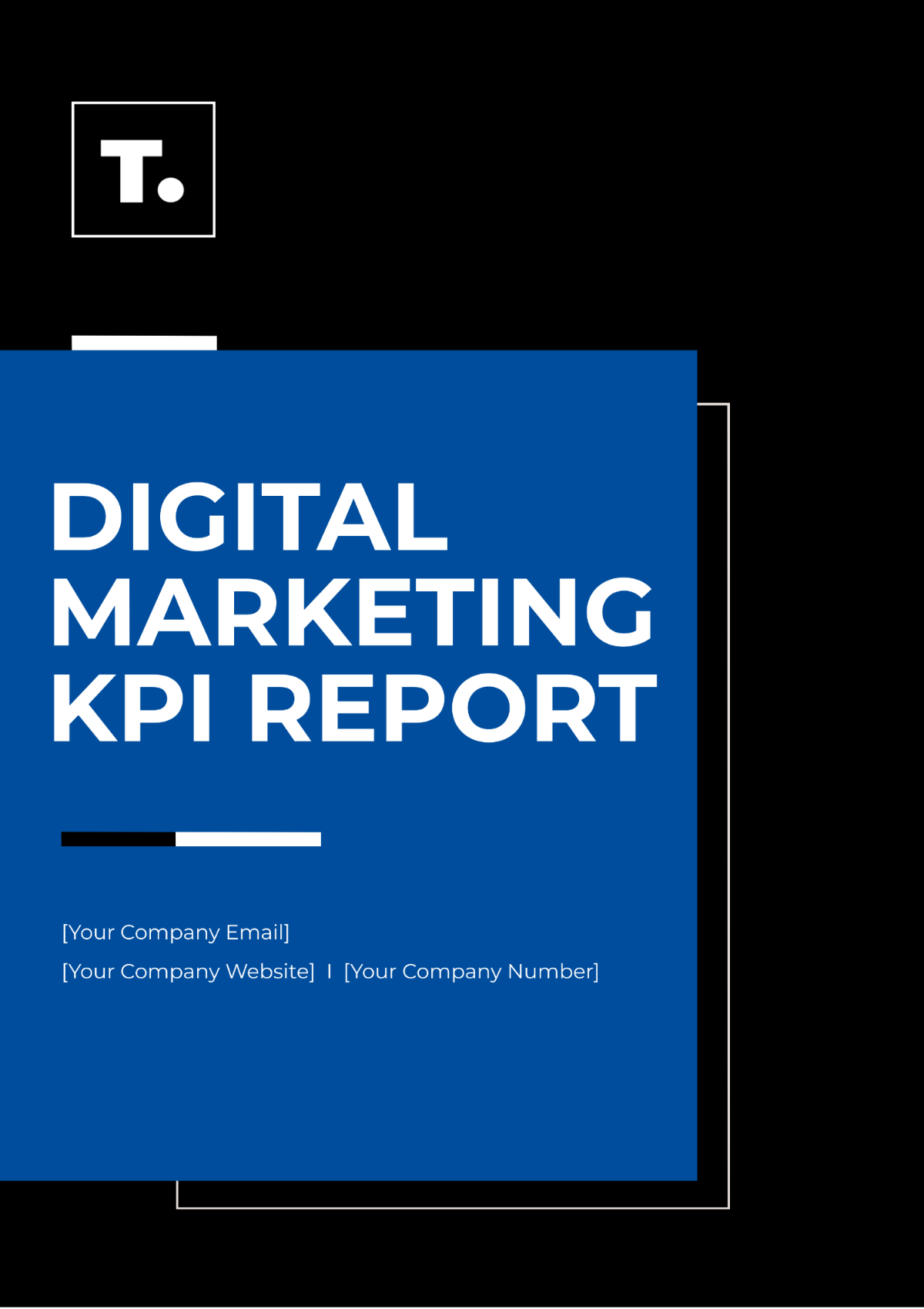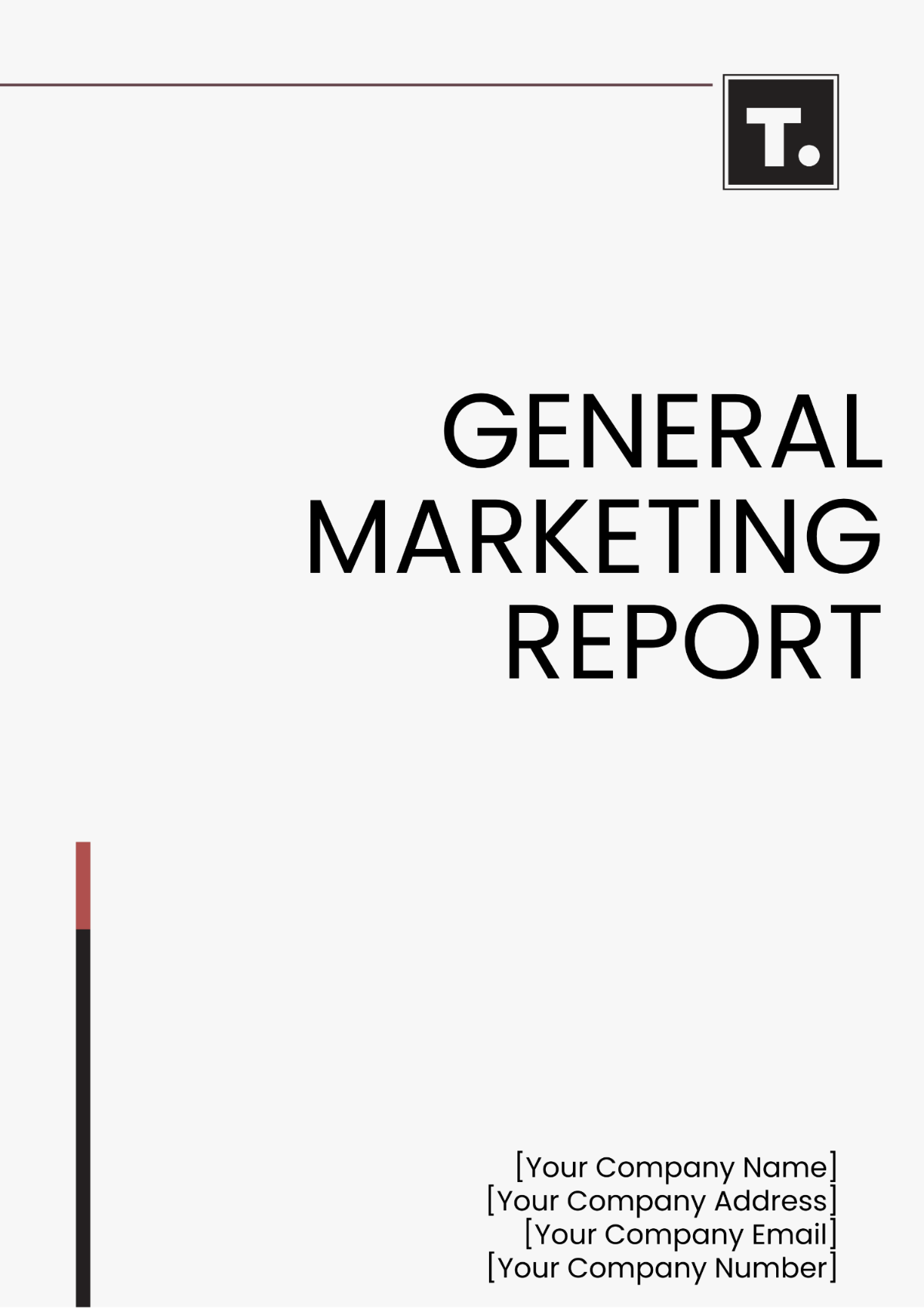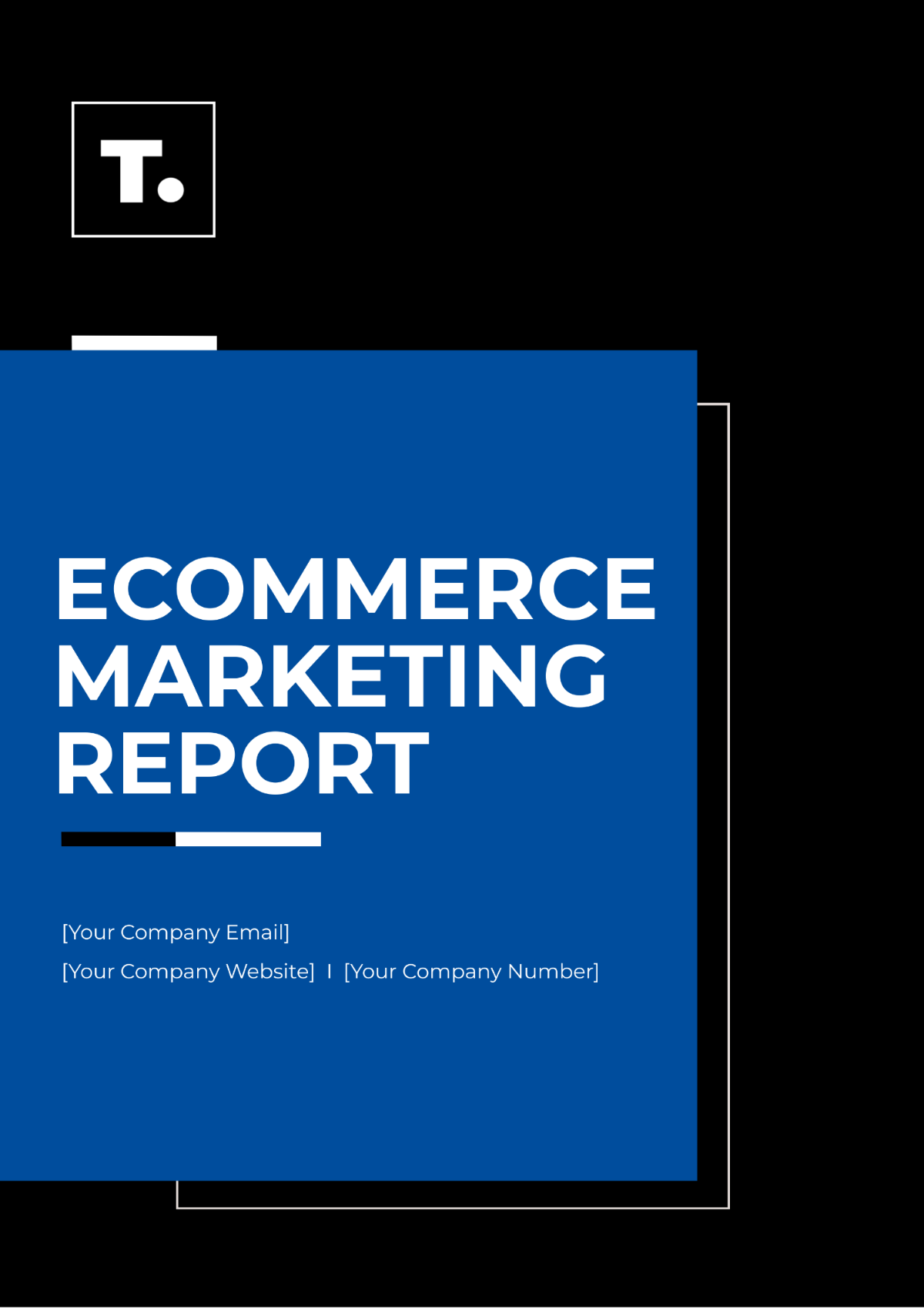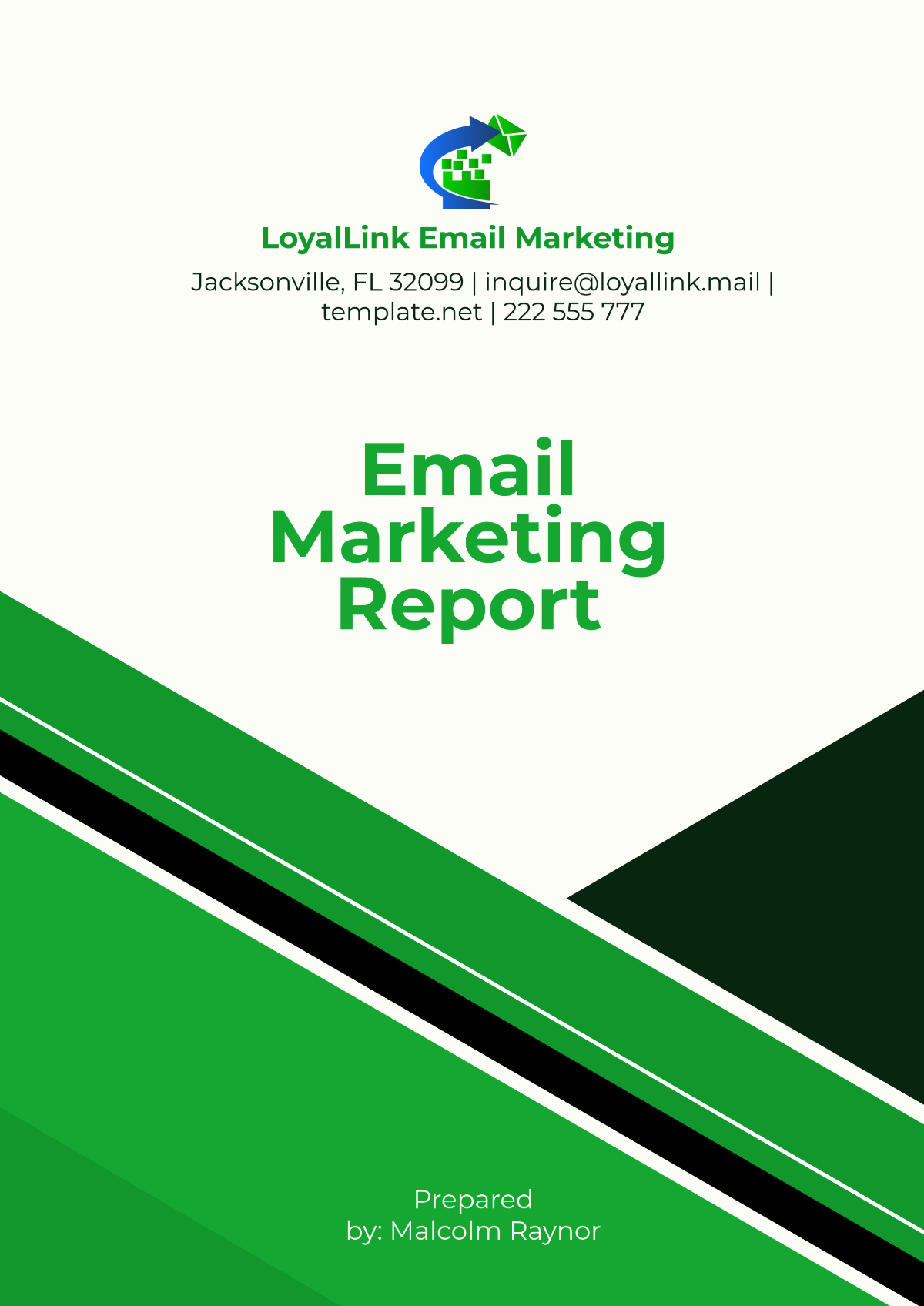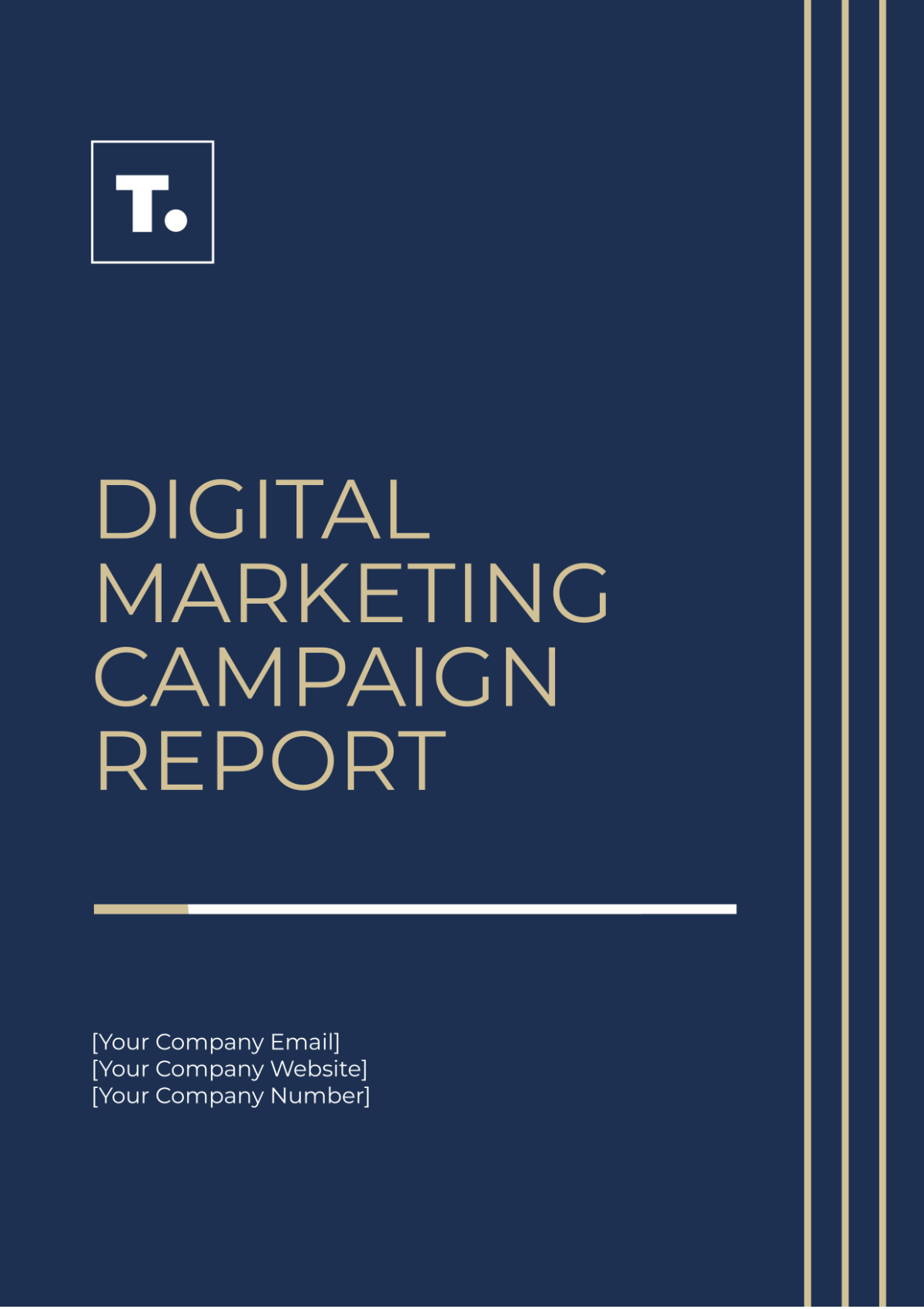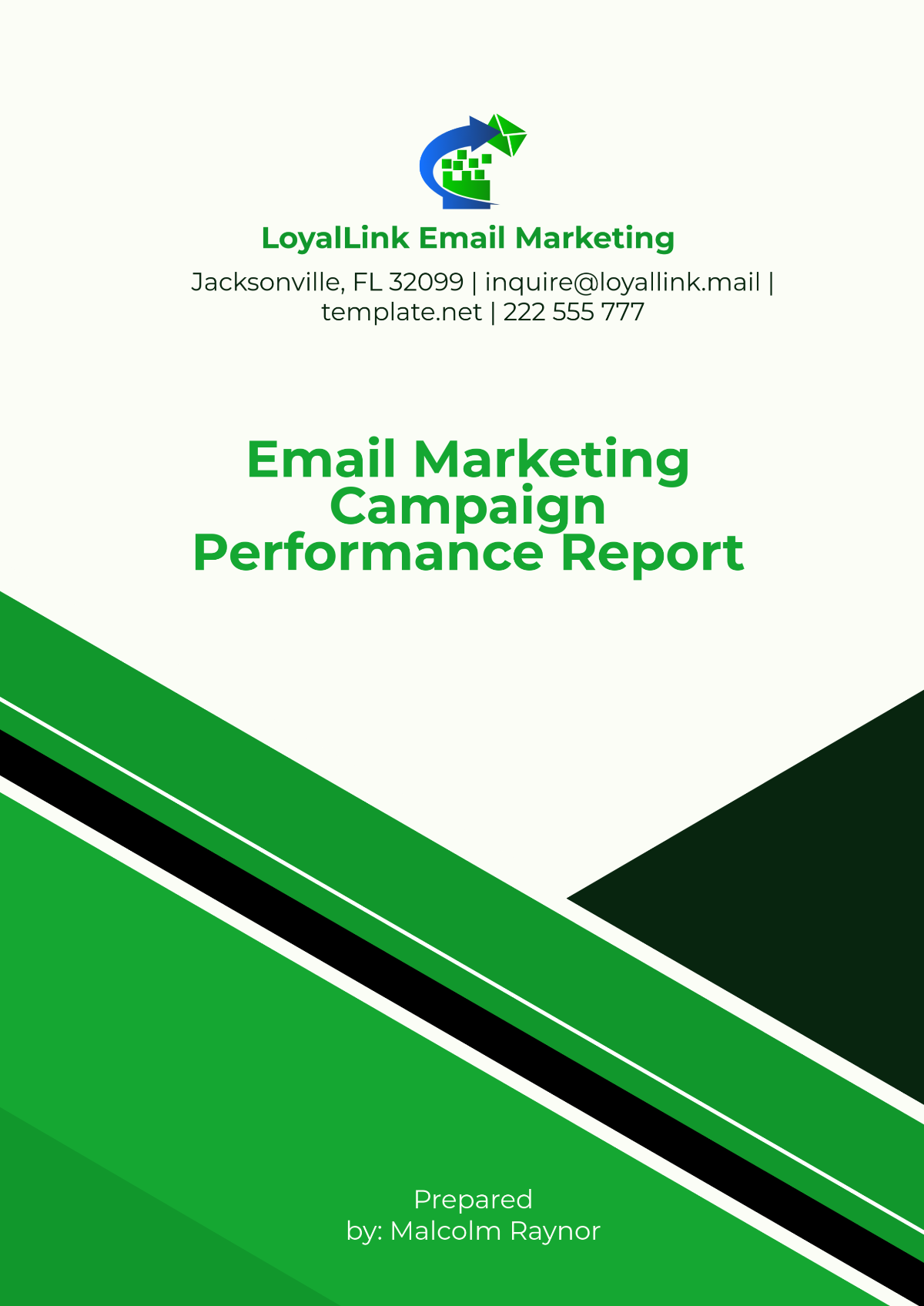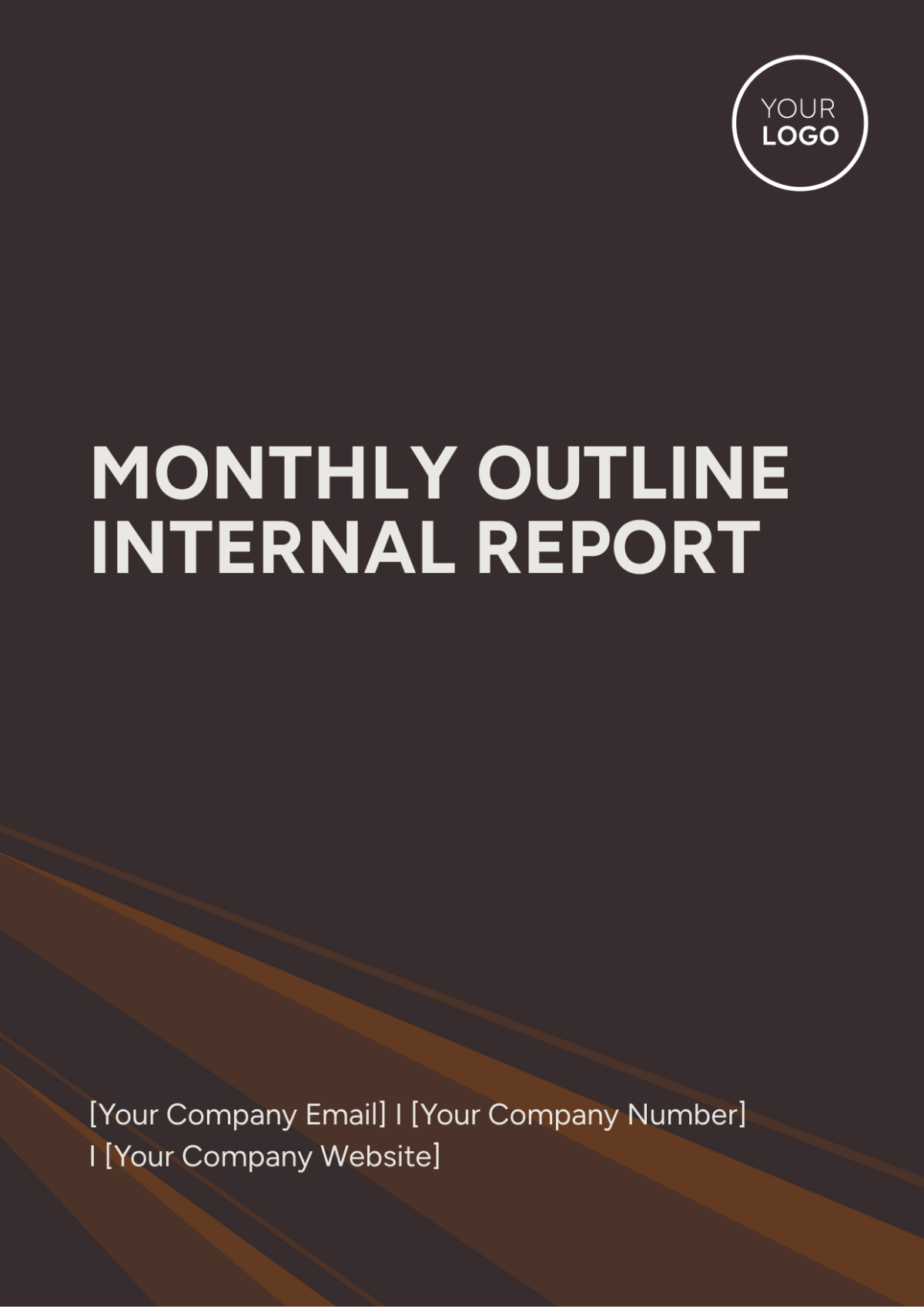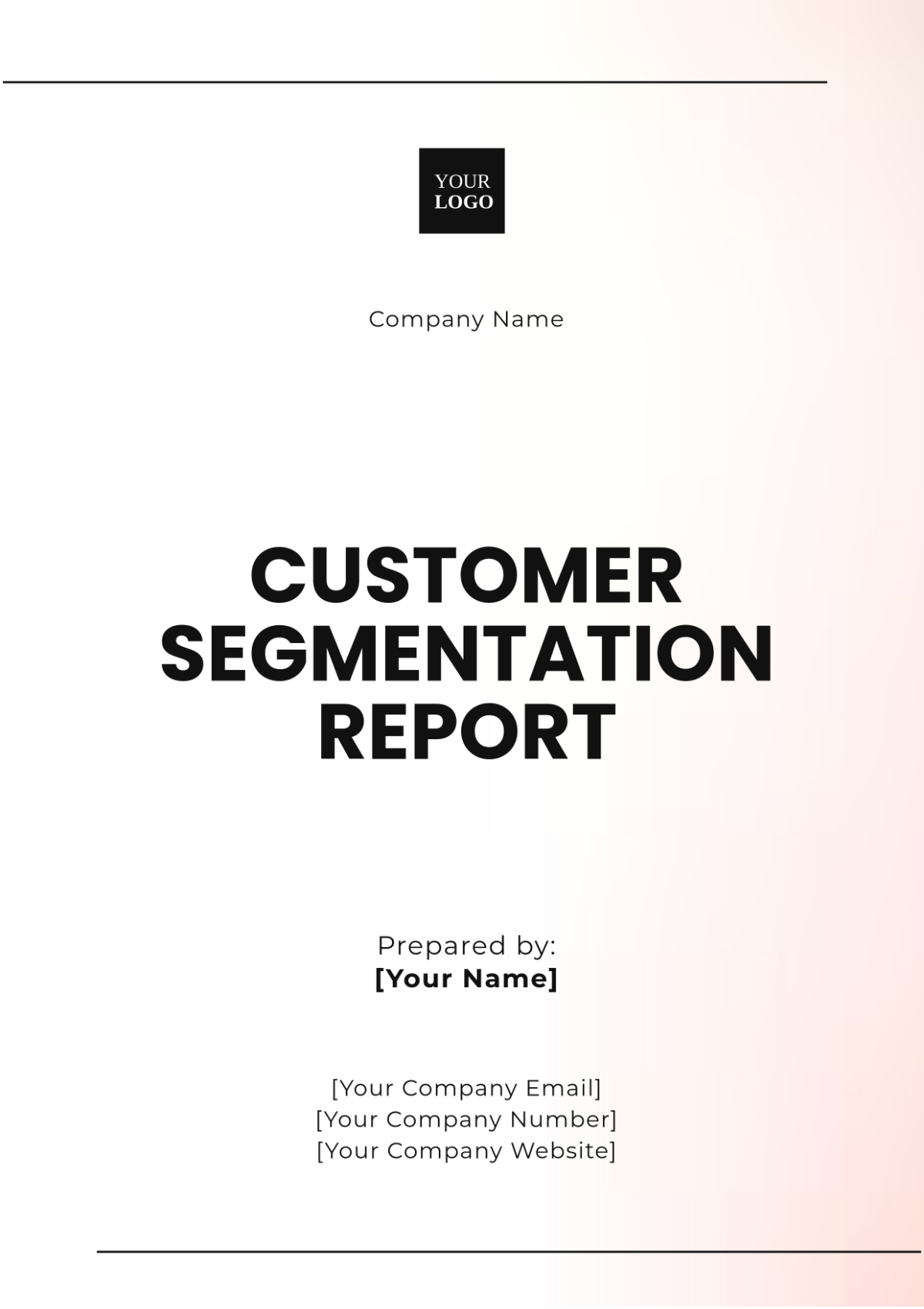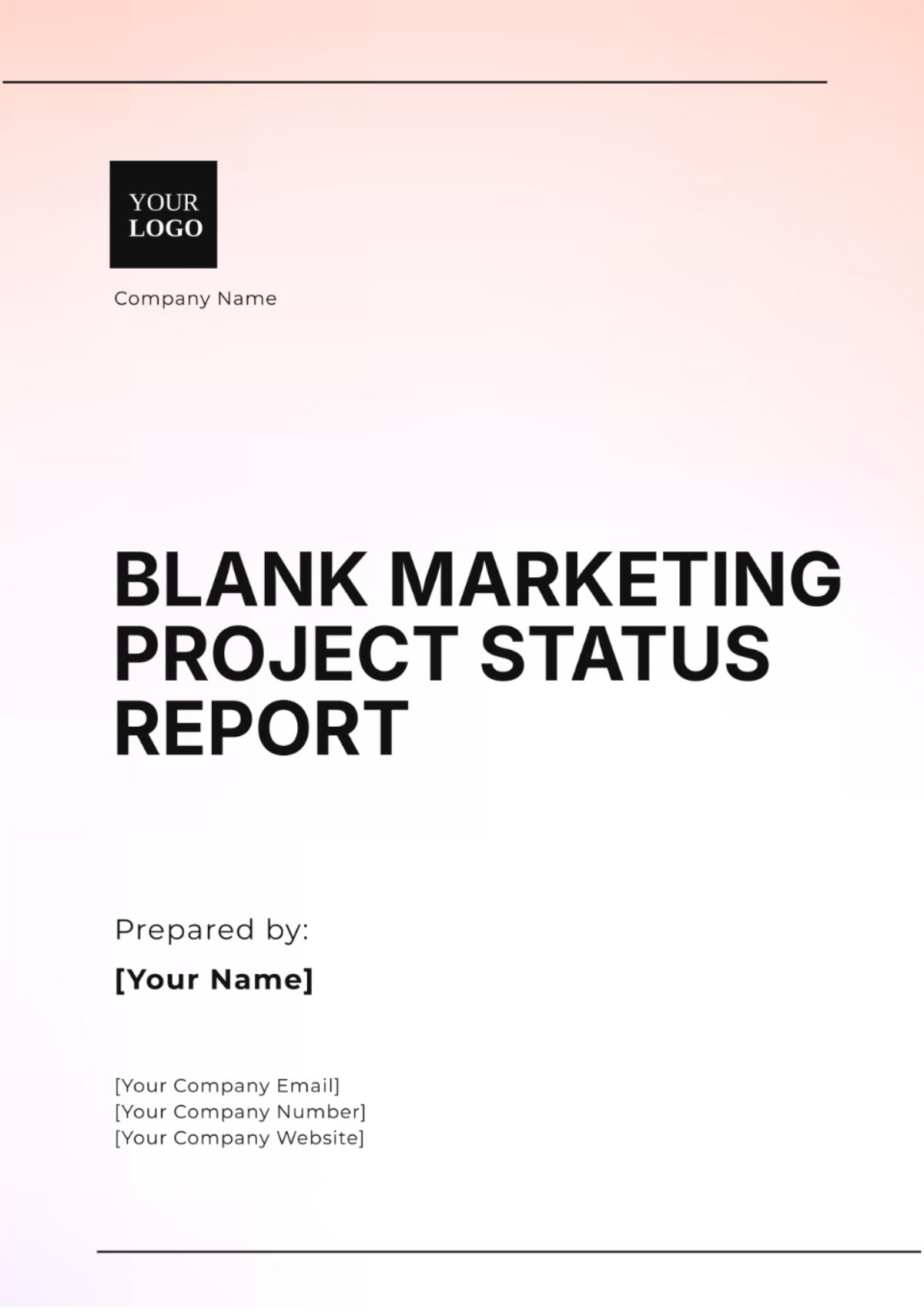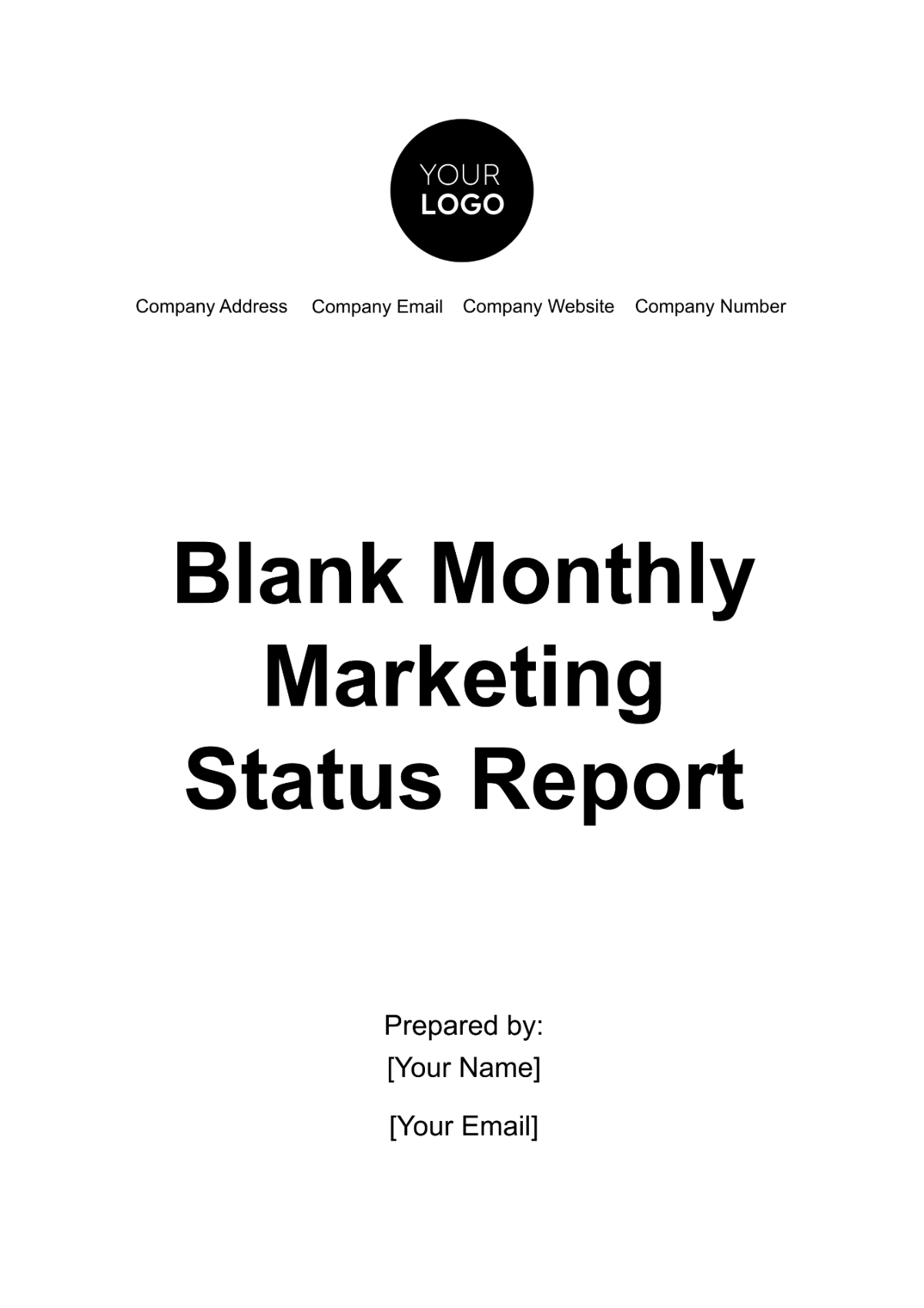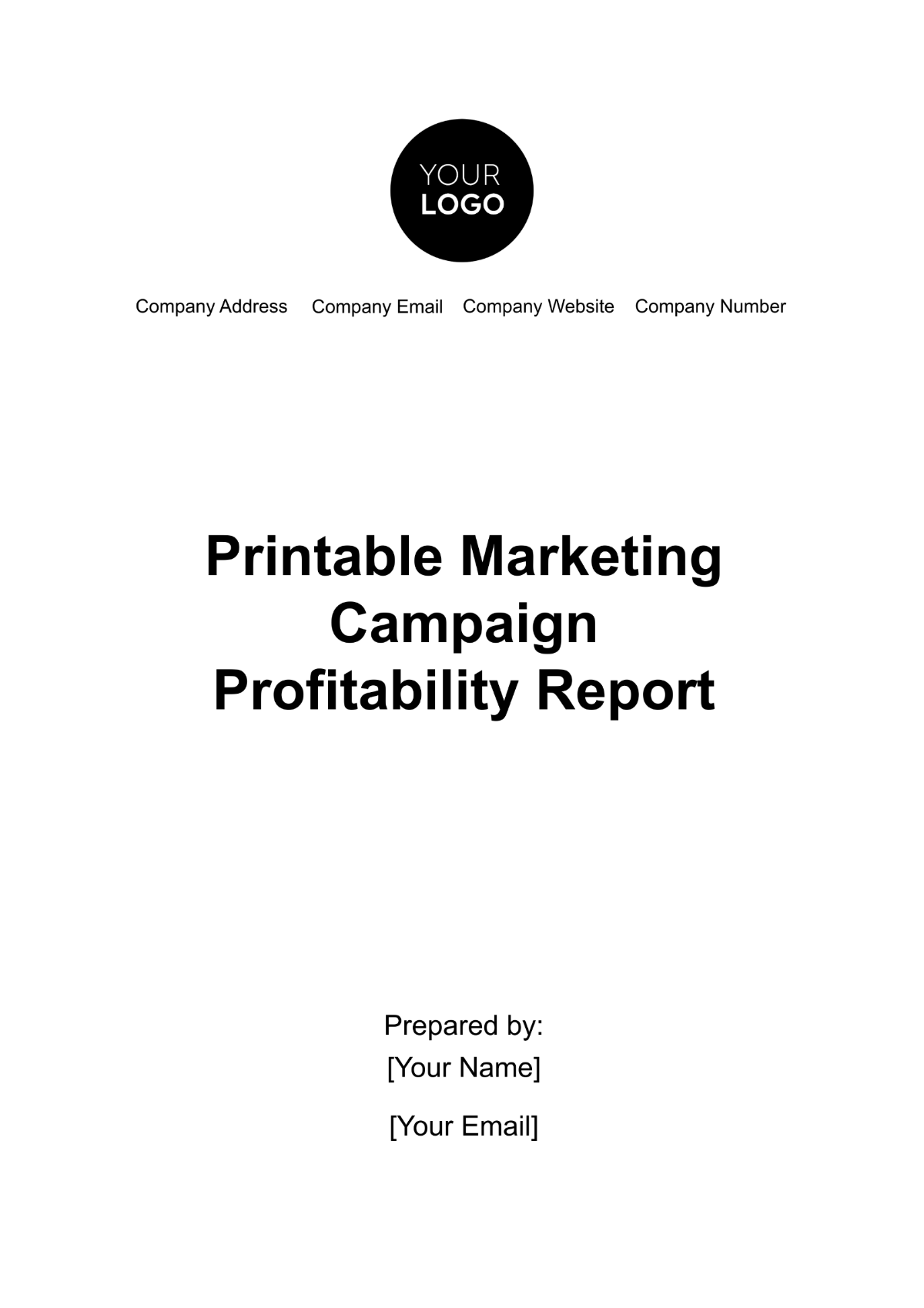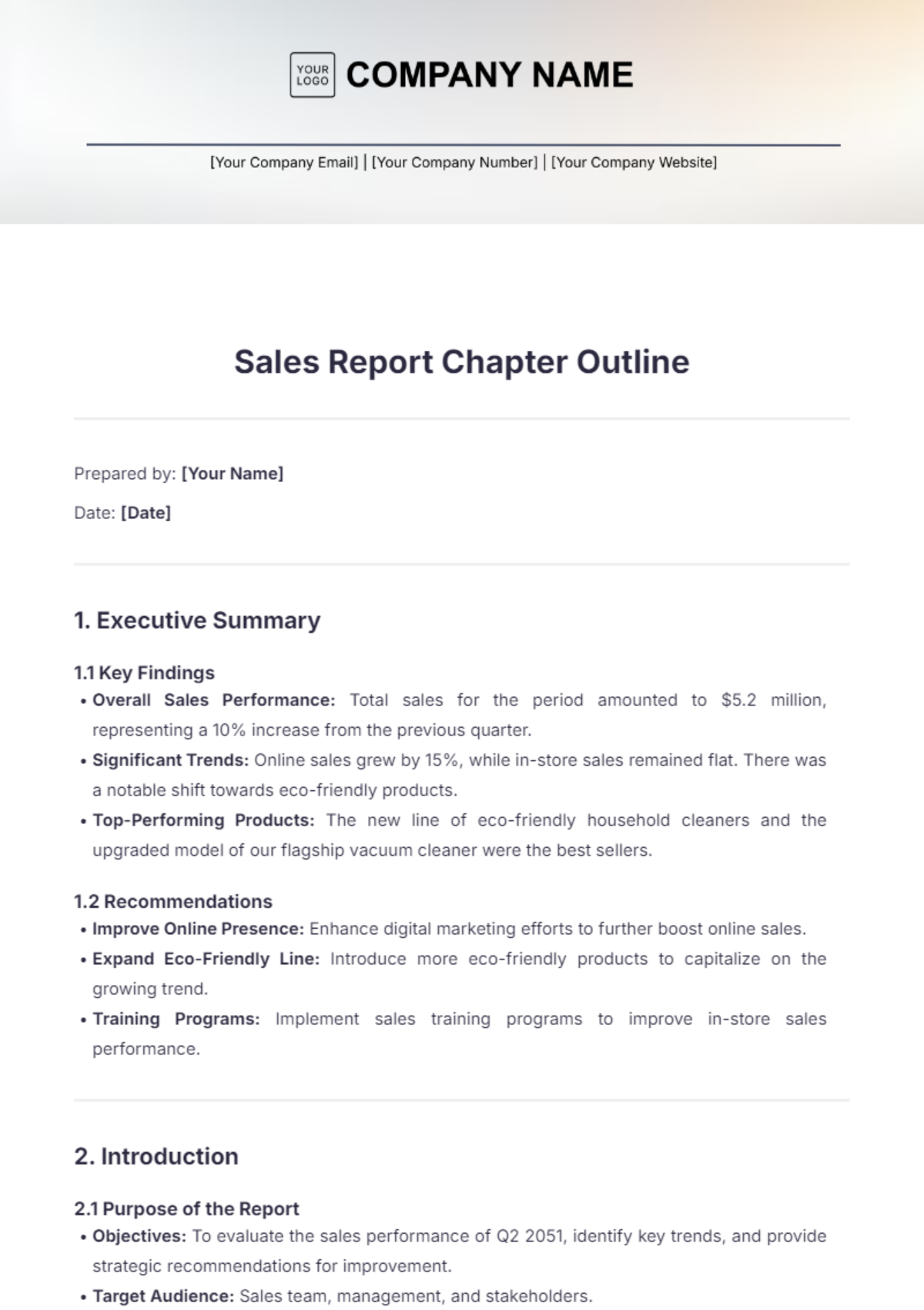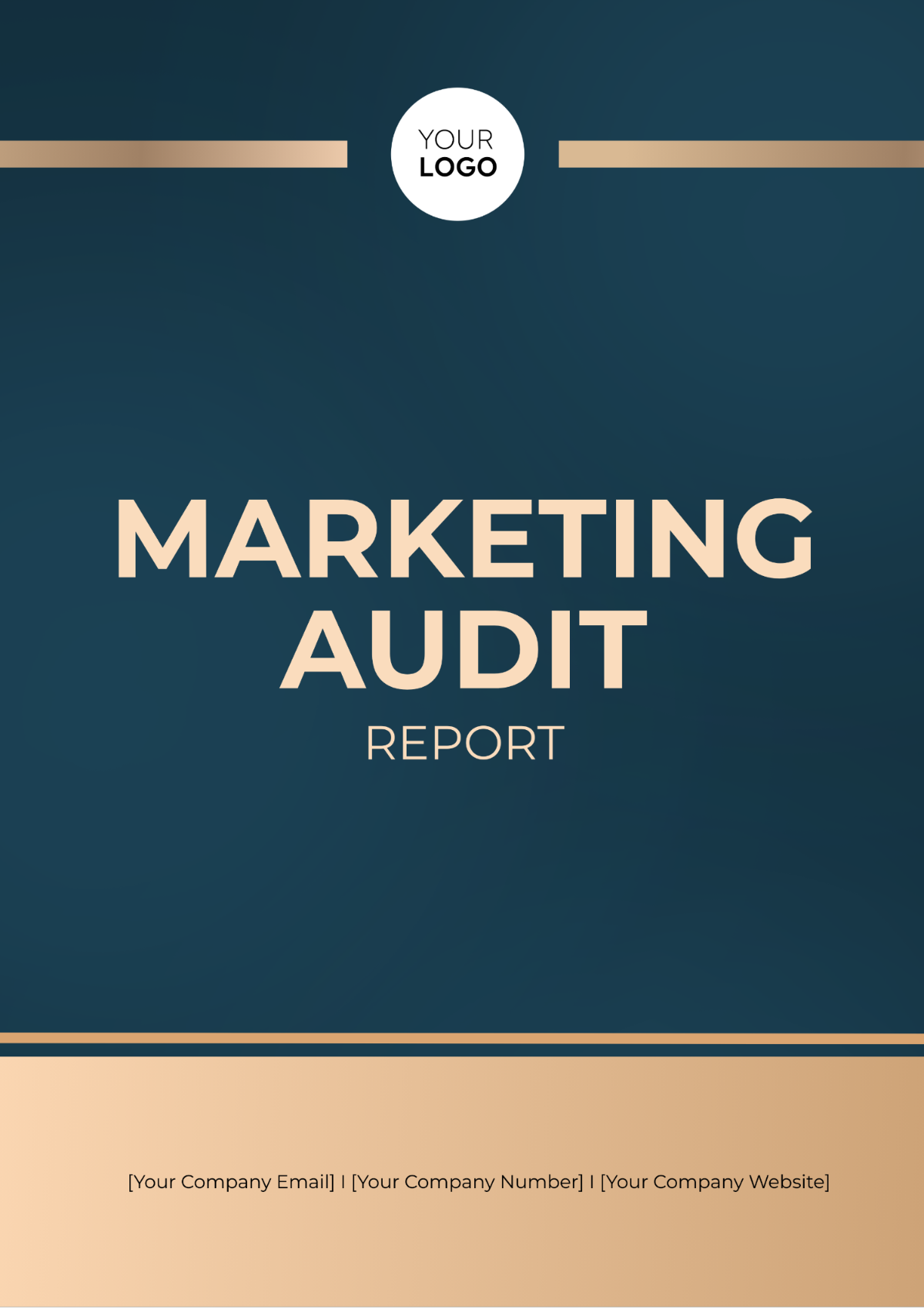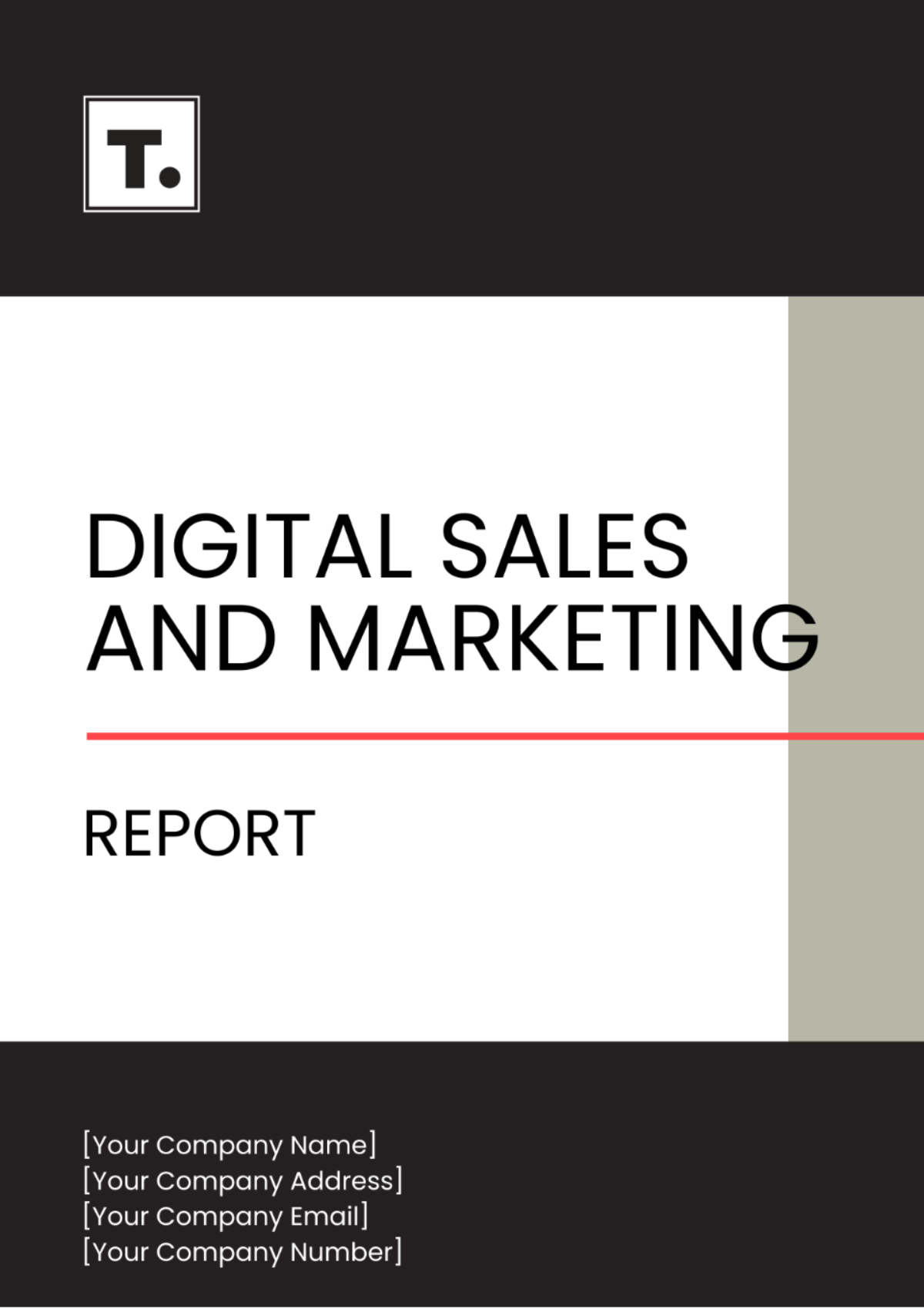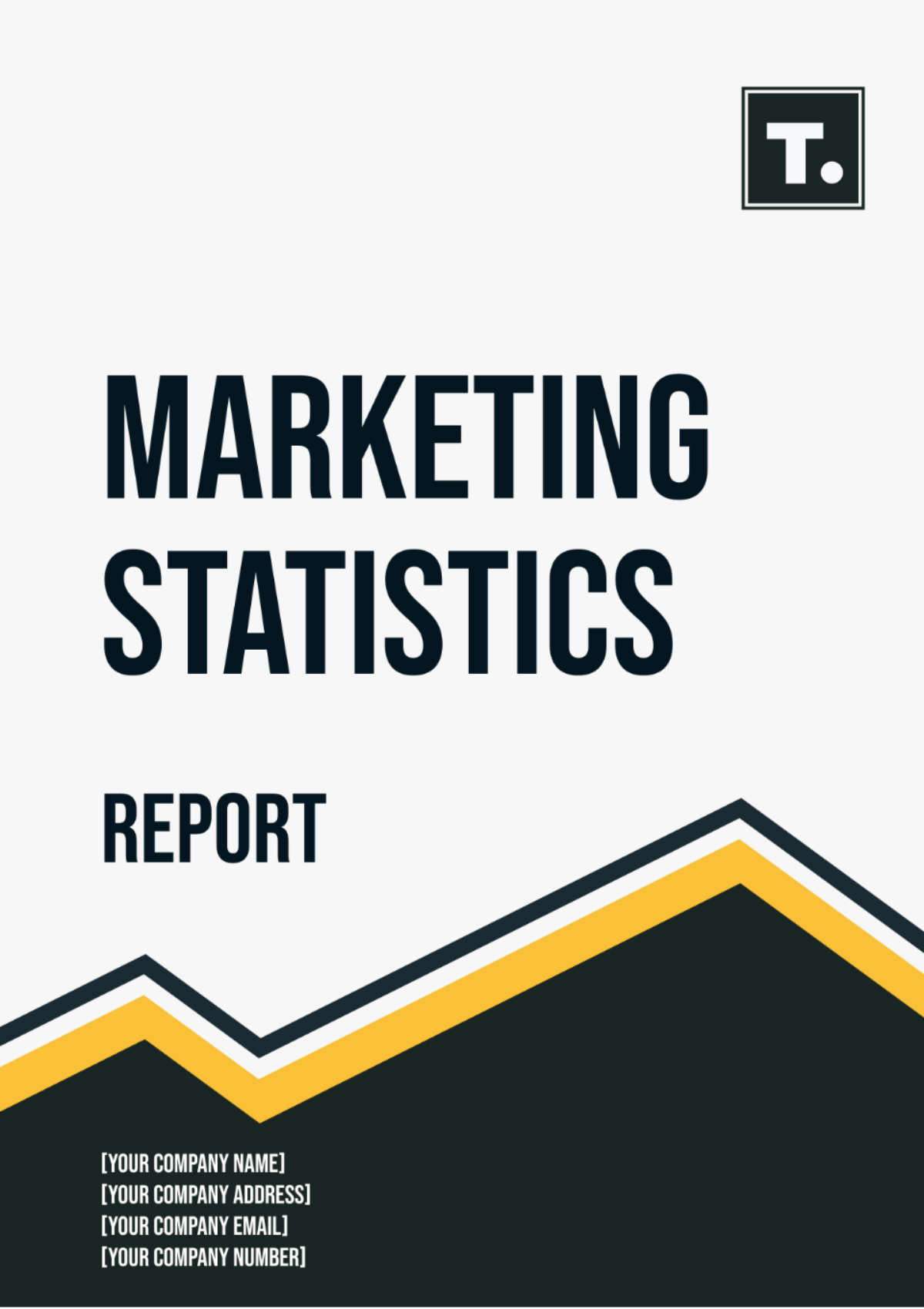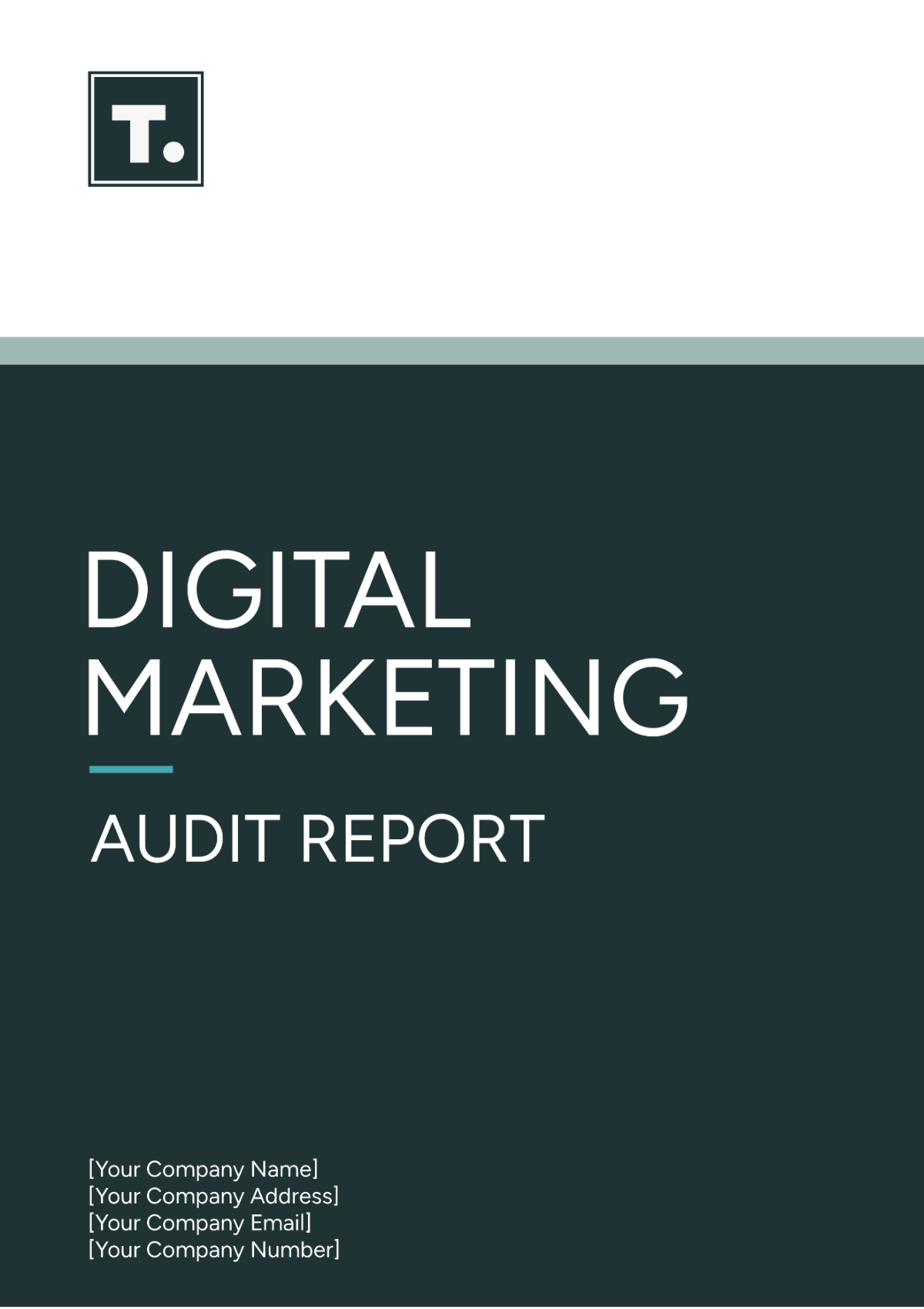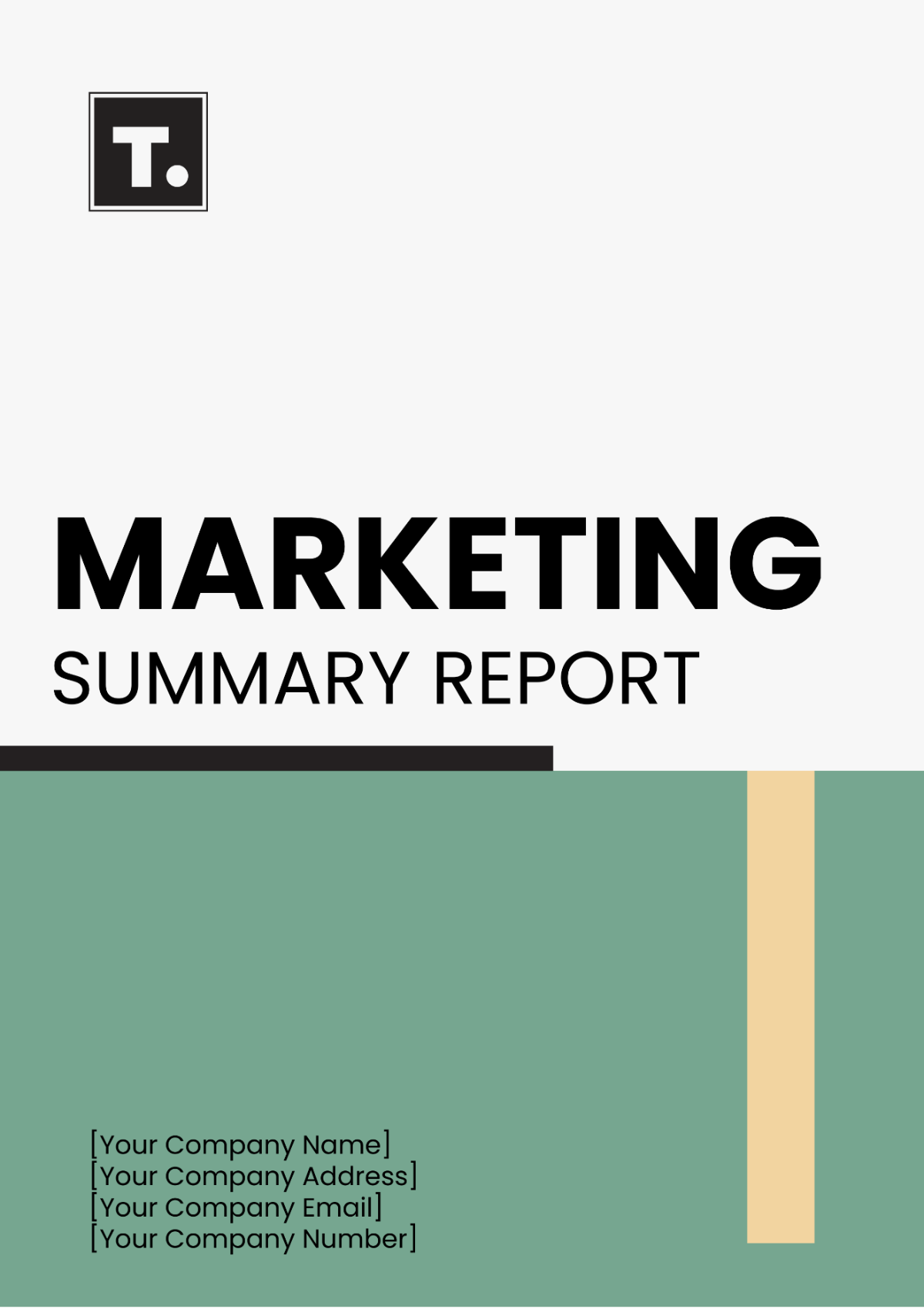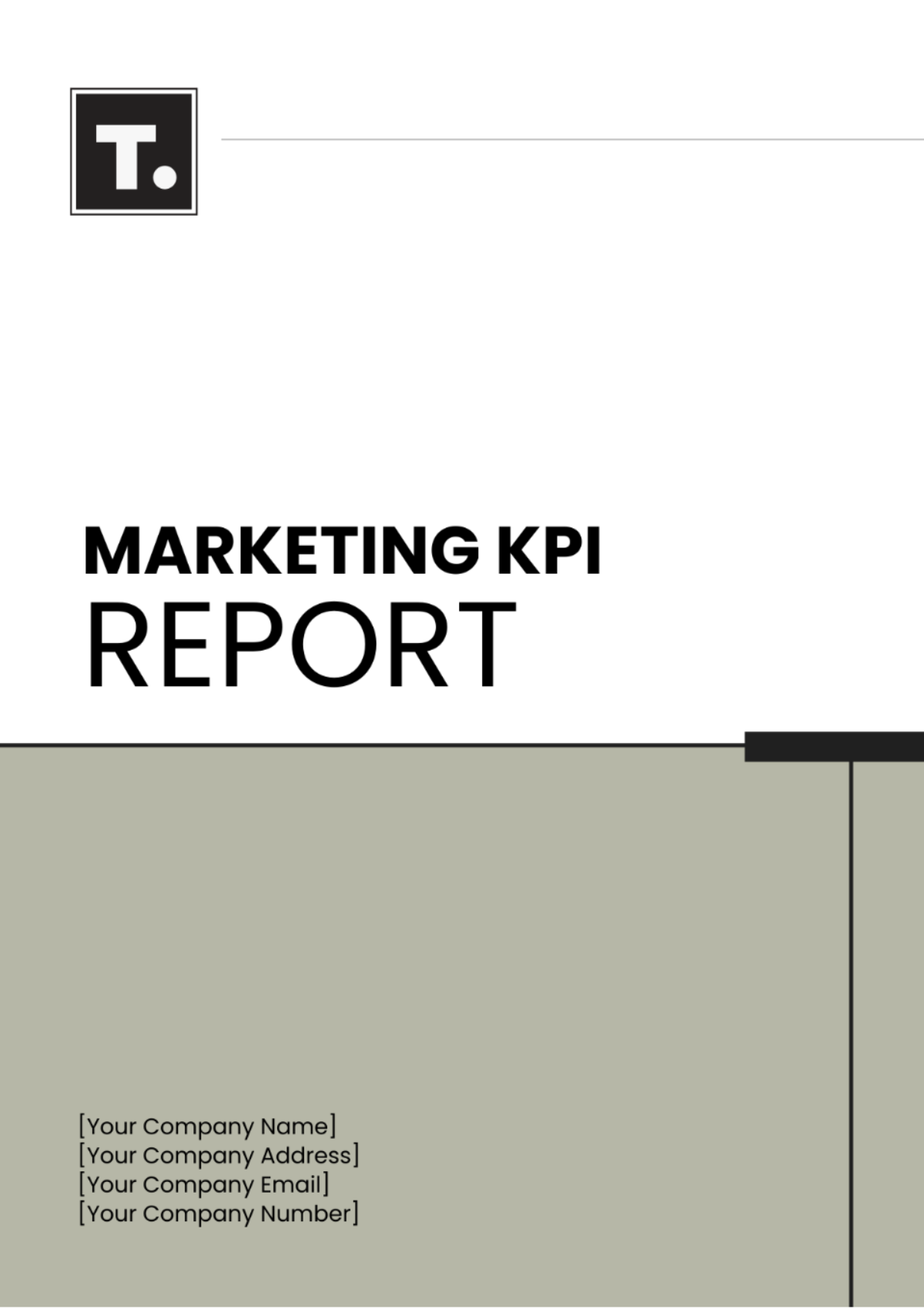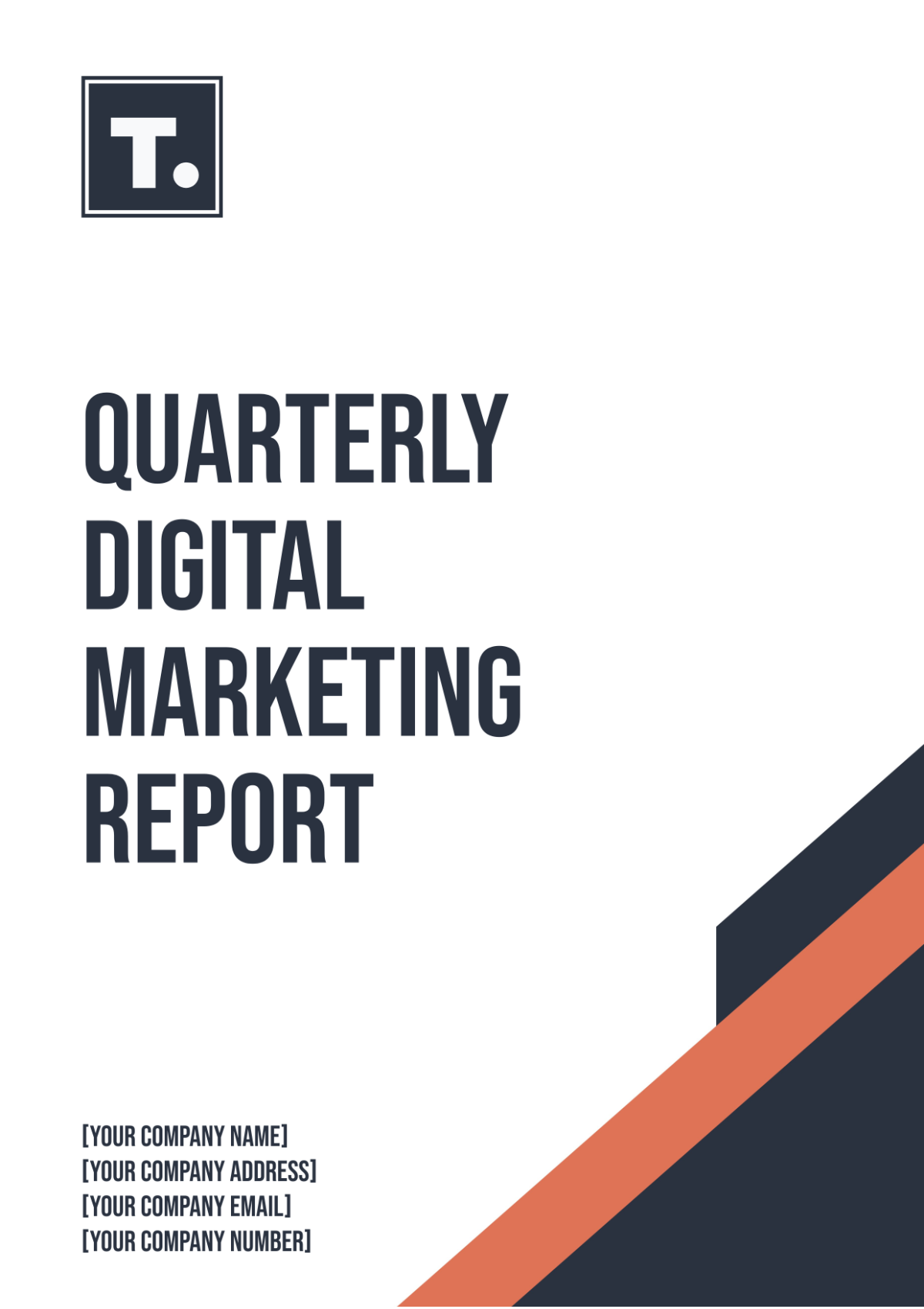Digital Marketing Audit Report
I. Executive Summary
In this section, we provide a brief overview of the key findings and recommendations from the digital marketing audit.
Overview: The digital marketing audit conducted for [Your Company Name] revealed both strengths and areas for improvement in the current digital marketing strategy.
Key Findings: The audit identified several strengths, including a strong social media presence and high engagement rates. However, there are opportunities for improvement in website optimization and email marketing.
Recommendations: To capitalize on strengths and address weaknesses, we recommend implementing a comprehensive SEO strategy, optimizing website performance, and refining email marketing campaigns.
II. Methodology
This section outlines the approach taken to conduct the digital marketing audit.
Scope: The audit covered various aspects of digital marketing, including website performance, SEO, social media presence, email marketing, and digital advertising.
Data Collection: Data was gathered through a combination of analytics tools, performance metrics, stakeholder interviews, and competitor analysis.
Analysis: The collected data was analyzed to identify trends, strengths, weaknesses, opportunities, and threats in the current digital marketing strategy.
III. Website Performance Analysis
A. Traffic Analysis
Traffic Sources: A breakdown of website traffic sources, including organic search, direct traffic, referral traffic, and social media.
Key Metrics: Analysis of key traffic metrics such as sessions, page views, bounce rate, and average session duration.
Recommendations: Improve organic search visibility through targeted SEO strategies and optimize landing pages to reduce bounce rate.
B. User Experience
Navigation Analysis: Assessment of website navigation structure and user journey.
Mobile Optimization: Evaluation of mobile responsiveness and user experience on different devices.
Recommendations: Enhance mobile optimization for better user experience and streamline website navigation for improved conversions.
IV. SEO Analysis
A. On-Page SEO
Keyword Analysis: Identification of target keywords and analysis of keyword performance.
Content Optimization: Assessment of content quality, relevance, and optimization for target keywords.
Recommendations: Develop a content calendar for regular updates, conduct keyword research for new content opportunities, and optimize meta tags for improved click-through rates.
B. Off-Page SEO
Backlink Profile: Analysis of backlink quality, quantity, and diversity.
Competitor Analysis: Benchmarking backlink profiles against competitors in the industry.
Recommendations: Implement a backlink acquisition strategy through guest blogging, influencer outreach, and content partnerships.
V. Social Media Analysis
A. Platform Performance
Platform Analysis: Evaluation of performance metrics on key social media platforms, including engagement rates, reach, and follower growth.
Content Analysis: Assessment of content types, frequency, and engagement levels.
Recommendations: Develop a content calendar aligned with audience interests, leverage video content for increased engagement, and explore influencer partnerships for expanded reach.
B. Audience Analysis
Audience Segmentation: Identification of target audience segments and their preferences.
Demographic Analysis: Analysis of audience demographics such as age, gender, location, and interests.
Recommendations: Tailor content and messaging to specific audience segments, engage with followers through interactive content and encourage user-generated content.
VI. Email Marketing Analysis
Campaign Performance
Campaign Analysis: Evaluation of email campaign performance metrics, including open rates, click-through rates, and conversion rates.
Segmentation Analysis: Assessment of email list segmentation and targeting strategies.
Recommendations: Implement A/B testing for subject lines and email content, personalize email communications based on user behavior and preferences, and automate email workflows for better efficiency.
VII. Conclusion
In conclusion, the digital marketing audit identified several opportunities to enhance [Your Company Name]'s online presence and drive better results across various digital channels. By implementing the recommendations outlined in this report, [Your Company Name] can strengthen its digital marketing strategy and achieve its business objectives in the ever-evolving digital landscape.
For further inquiries or assistance in implementing the recommendations, please contact [Your Name] at [Your Email].
